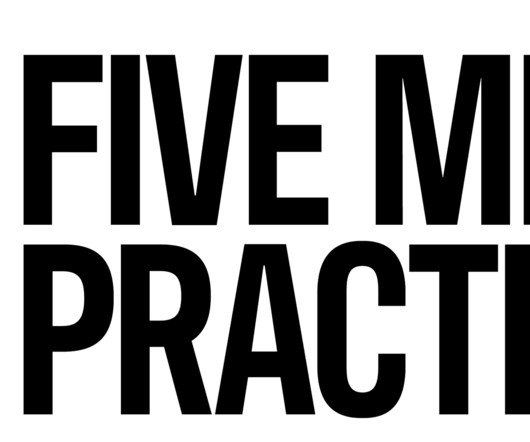Is a Medical Office Assistant Career Right for You?
Physicians Alliance of Connecticut
MAY 20, 2025
Exploring a Medical Office Assistant Career Are you looking for a stable, rewarding career in the healthcare field that doesn’t require a degree? Becoming a medical office assistant might be the perfect choice for you. What Does a Medical Office Assistant Do? What Does a Medical Office Assistant Do?













Let's personalize your content